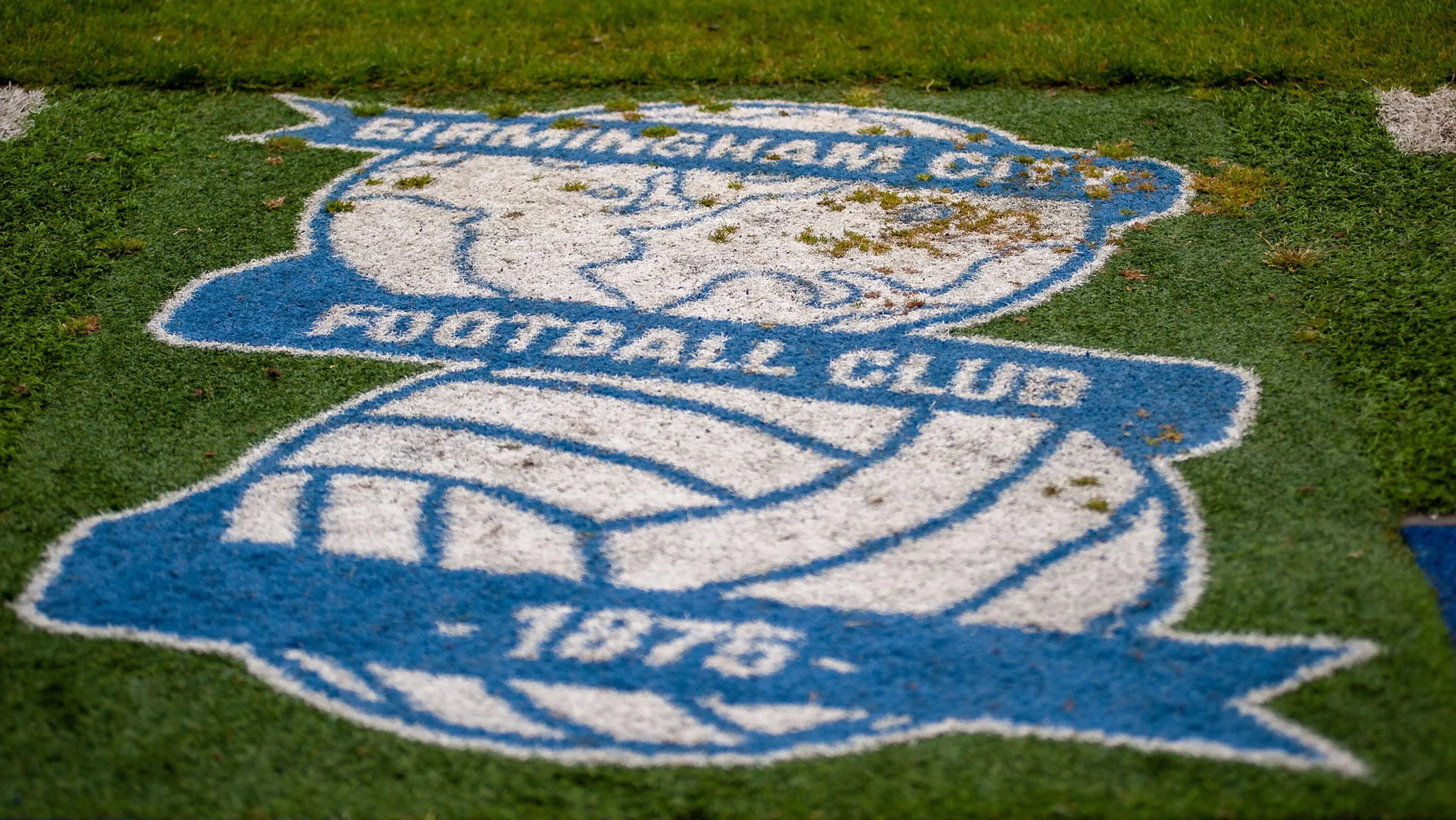If you are looking to learn more about the oldest national football competitions in the world, you are in the right place. In this detailed guide to the FA Cup, you can find everything, from its start in 1871–72 to its most recent editions. Find out what makes the FA Cup one of the most important competitions in English national football.
Short History of the FA Cup
The FA Cup is the oldest national football competition, with its first season dating back to 1871. Its name comes from the organisers of the tournament, the Football Association. However, in 2015, the Cup changed its name to The Emirates FA Cup, after their headline sponsors.
Eligibility and Format
The reason why the FA Cup is so popular in England is that teams from lower leagues can participate. Clubs from the top four levels, starting with the Premier League, are automatically eligible. Clubs from levels five to nine are eligible as long as they participate in FA Trophy or FA Vase competitions.
Another eligibility requirement is that the club has a suitable stadium where they can play home games. The association may reject a club depending on the stadium.
Considering the number of clubs that enter the competition (732 in 2022), the format is unique. Clubs from lower leagues start from the start, and as the tournament progresses, clubs from higher leagues join the competition. Usually, the higher-ranking clubs enter around the third round.
The competition usually starts in August as the teams from the lowest leagues participate in a draw. There is no seeding, instead, each round features a new random draw. All games before the fifth round can only be replayed once.
However, the first six rounds are considered qualifiers, with regional restrictions. After the sixth round, the tournament takes its standard format, where all clubs are in the same draw.
Finally, once we reach the semifinals, the game is played on a neutral stadium. And the finals are traditionally held at Wembley Stadium. The popularity of the finals brings together countless fans from around the Island and other countries worldwide.
The Charm of the FA Cup
The most interesting element of the competition comes from the eligibility of lower-ranking clubs. It rarely happens for amateur teams to reach the advanced round and play Premier League clubs. Nonetheless, there have been a few remarkable upsets of Premier League clubs against lower-ranked clubs. And this is the beauty of the FA Cup.
If we are to exclude the Championship as the second-strongest League, here are some examples of remarkable upsets:
- Wigan Athletic (League One) beat Manchester City (Premier League) in 2017/18 in the fifth round.
- Oldham Athletic (League One) drew against Liverpool (Premier League) in the fourth round of the 2012 FA Cup. After the draw, Oldham managed to secure a win in the replay.
- Barnsley from League One managed to upset the, at the time, incredible Chelsea (Premier League) in the sixth round.
- Luton, at the time a non-league club, managed to beat Premier League Norwich. This was a one-of-a-kind instance where a non-league club managed to upset a Premier League club.

Notable Events
There have been countless notable moments and upsets throughout the history of the tournament. We could easily name the 50 most remarkable events, and ten times as many crucial goals.
But, we would like to remember one specific goal, surely many fans have seen before. Many consider it the most beautiful goal in the FA Cup finals ever. The fact Steven Gerrard scored it in the finals to equalise and lead his team into extra time is even more impressive.
Liverpool were down 2:3 as the game entered into extra time. But then, the ball bounced to Gerrard about 25m from the goal. Steven says he was in pain at the time, but he just hit the ball as hard as he could. With this, he produced one of the most stunning long-range goals in the history of the FA Cup.
Past Winners
In the long history of the competition, more than 40 clubs have lifted the FA Cup trophy. Arsenal hold the most trophies with 14 championships, and the last win in 2020. Manchester United are second on this list, with 12 total FA Cup trophies in their trophy case.
Other clubs with several FA Cup trophies are Chelsea, Liverpool, and Tottenham, with eight trophies each. Aston Villa won the tournament seven times, and Newcastle United, Manchester City and Blackburn Rovers seven times individually.
The latest winner of the tournament are Liverpool, who beat Chelsea in front of 84,897 screaming fans. The fact that the tournament grants a slot in European competition justifies its ever-growing popularity. Winners of the FA Cup qualify for the Europa League Group Stage. However, there are some scenarios that change this qualification.
For example, if the team that wins the FA Cup finishes in the top five of the Premier League, some things rotate. By finishing among the four top teams in the PL, a club qualifies for the Champions League. Should the club finish in fifth place, they enter the Europa League. In this case, the spot in the Europa League is reassigned to the next highest-ranking Premier League club.
The Women’s FA Cup
The Women’s FA Cup has a rich history dating back to its first season in 1970. Just like in the men’s edition, fans have seen a lot of interesting events, games and goals. The popularity of the competition has been on the rise in the past years.
The competition is one of the most significant tournaments in Women’s Football in England. It promotes and develops the standard of women’s football, and inspires future generations.
The club with the most trophies are Arsenal, who hold a record 14 championships. The current champions are Chelsea, who won their fifth championship vs Manchester United. The number of spectators reached a record 77,390 fans at Wembley.

Modern Editions of the FA Cup
The FA Cup didn’t see a lot of changes from its original concept. The minor changes implemented to the tournament were specifically done to improve the quality of the competition. The FA Cup still holds value, fighting against international tournaments such as the Champions League or Europa League.
The format of the tournament didn’t see some changes, but the number of teams has grown over the years. The tournament is open to both League and (EFL) and non-league teams. With a pyramid system, only 32 teams from the lowest levels advance to face the top-flight clubs.
Some recent changes include limiting the validity of teams only to the top level of English football. Before that, even teams from level ten could join, whereas now, they serve as substitutes. Another small detail that changed is the kick-off time schedule. The games are now more evenly spread on the weekends to provide better television coverage.
2022/23 FA Cup
This season, the 2023 FA Cup is the 142 edition of the tournament. As mentioned, it is the oldest football tournament in the world. Due to sponsorship by Emirates, the competition bears the name the Emirates FA Cup.
The format of the tournament features a one-legged knockout competition. This year, 732 teams started the competition, and only two remain for the finals. Twenty clubs from the Premier League, 72 from the Championship, League One and League Two, and 32 teams from the 640 from the National League system. However, only one team can stand at the summit and earn a place in the Europa League next season.
Liverpool are the current champions after beating Chelsea in the finals last year to secure their 8th championship. However, Liverpool dropped from the competition after a loss to Brighton & Hove Albion in the fourth round.
FA Cup Finals: Manchester City vs Manchester United
This season, in the Finals of the 2022/23 FA Cup, we have a Manchester derby. The finals will traditionally take place at Wembley, and fans can already buy tickets. This will be the first-ever Manchester derby in a cup final. The winner gets a position in the Europa League 2023/24, and the 2023 FA Community Shield.
The finals are set on the 3rd of June, 2023, and mark the 100th anniversary of the Cup taking place at Wembley. Both teams had an interesting road to the finals.
Road to the Finals
Manchester City had challenging opponents in the early rounds, starting with Chelsea in the third round. After an impressive 4:0 win, they went on to face Arsenal. After winning against the Gunners 1:0, the road to the finals opened up. City beat Bristol City 3:0, in the 5th round and Burnley 6:0 in the quarterfinals. Lastly, the Citizens had to go against Sheffield United, an obstacle they overcame 3:0.
Similarly, United also had a difficult time reaching the finals, with constant top-tier clubs as their opponents. All their games ended with an identical result up until the semifinals, a 3:1 win for the Red Devils. Their opponents, starting with the 3rd round, were Everton, Reading, West Ham, and Fulham.
In the semifinals, United went up against Brighton & Hove Albion, and, after a goalless draw, went into overtime. Finally, without goals in overtime, United managed to overcome Bright in a penalty shootout, with 7:6. Only one final game remains to determine the winner of this year’s FA Cup. Who will it be, find out on the 3rd of June.













